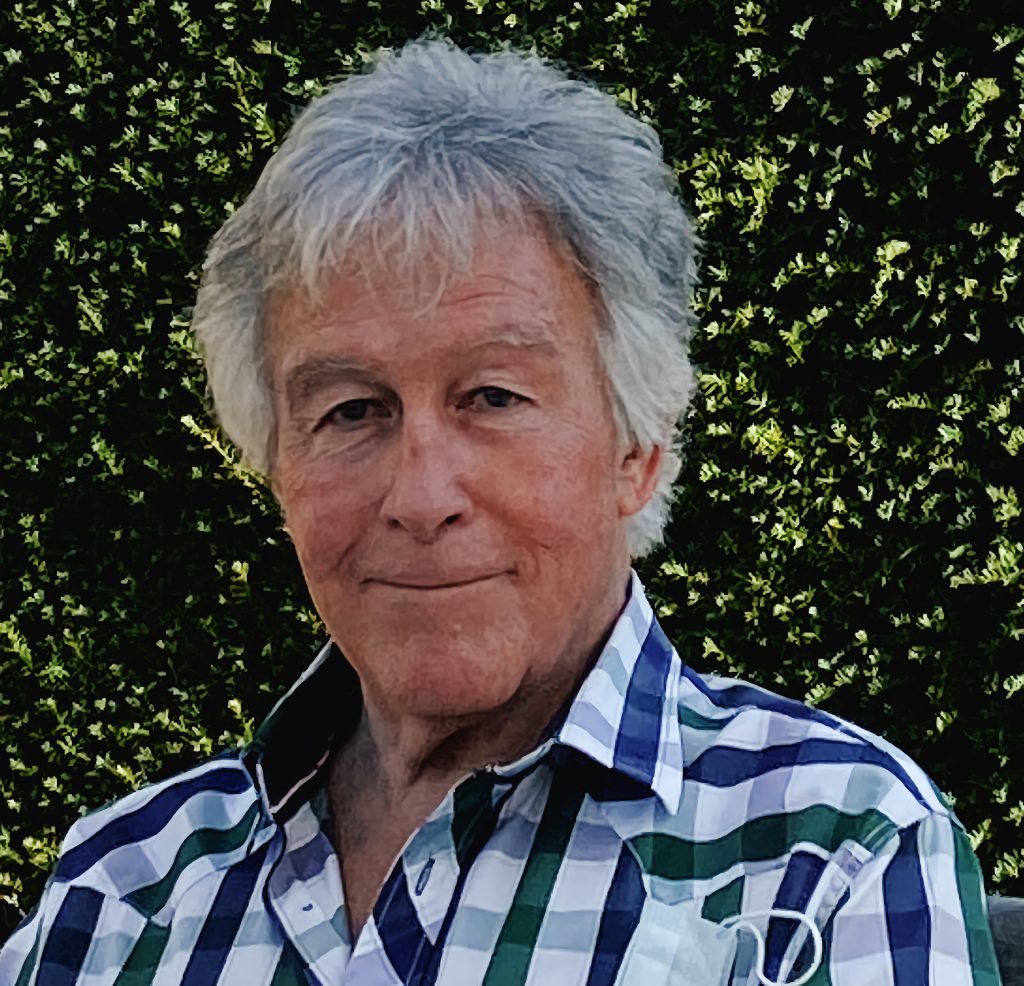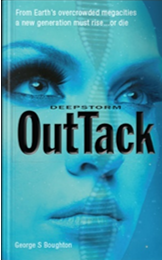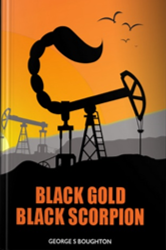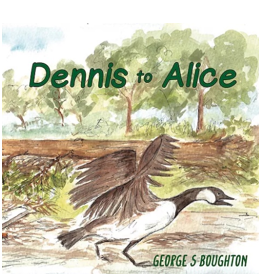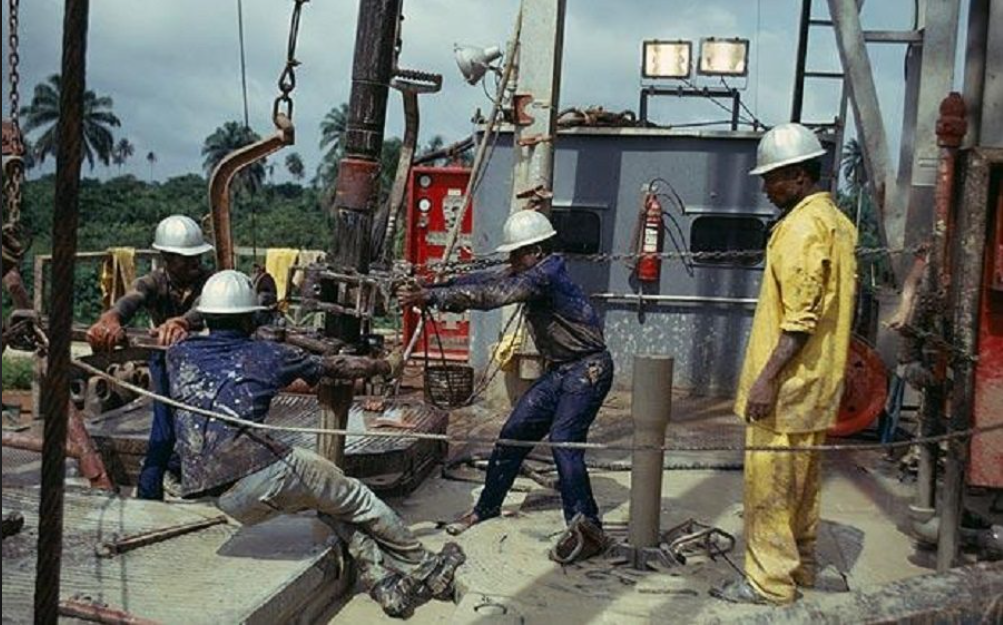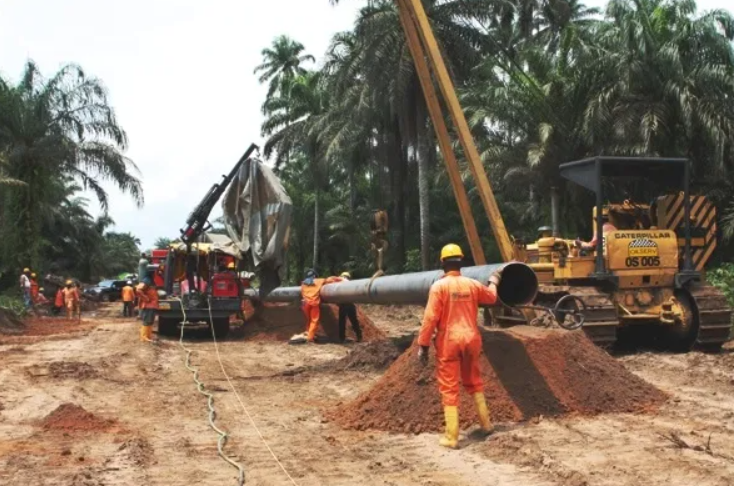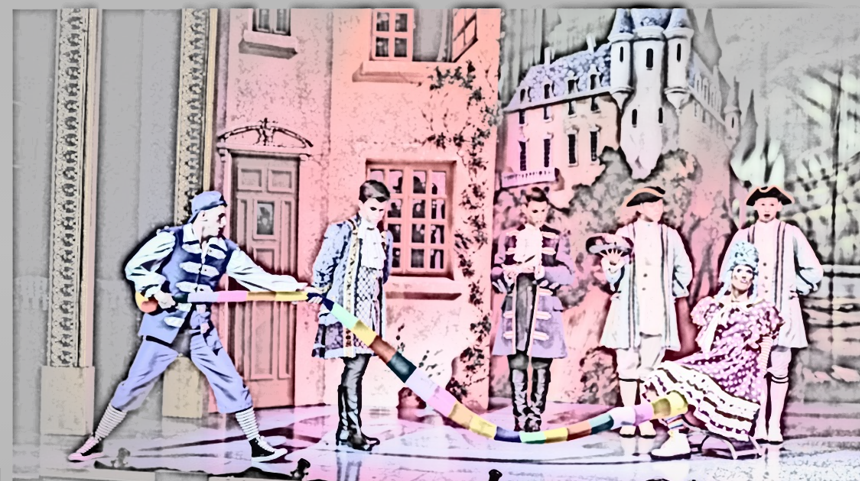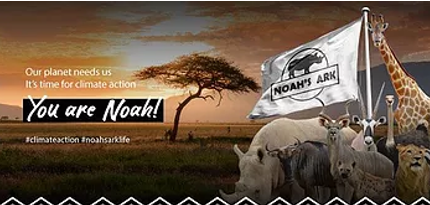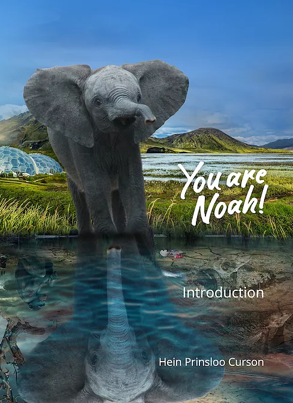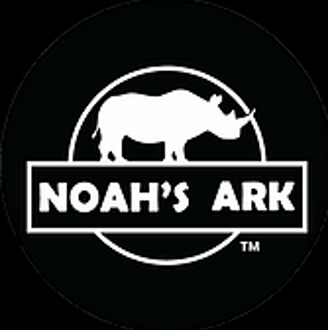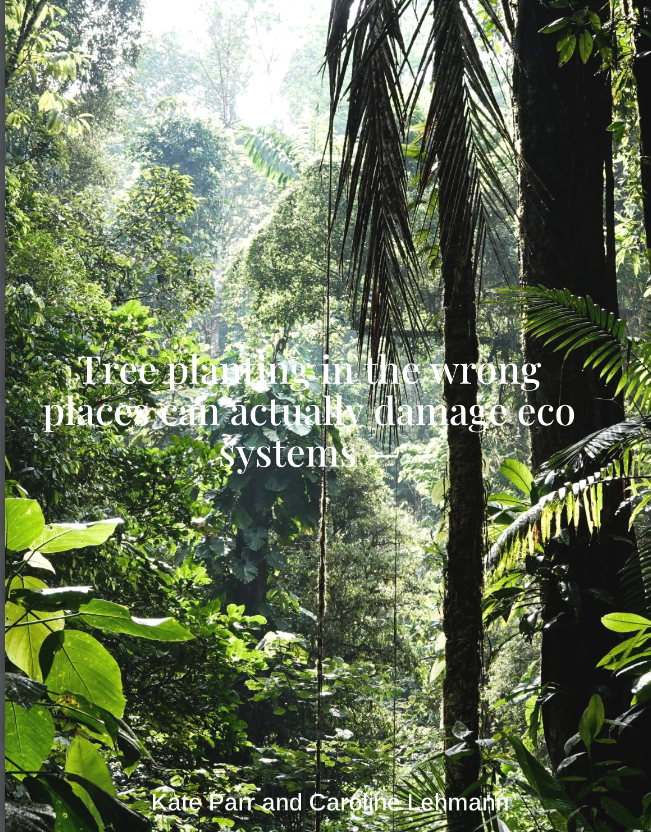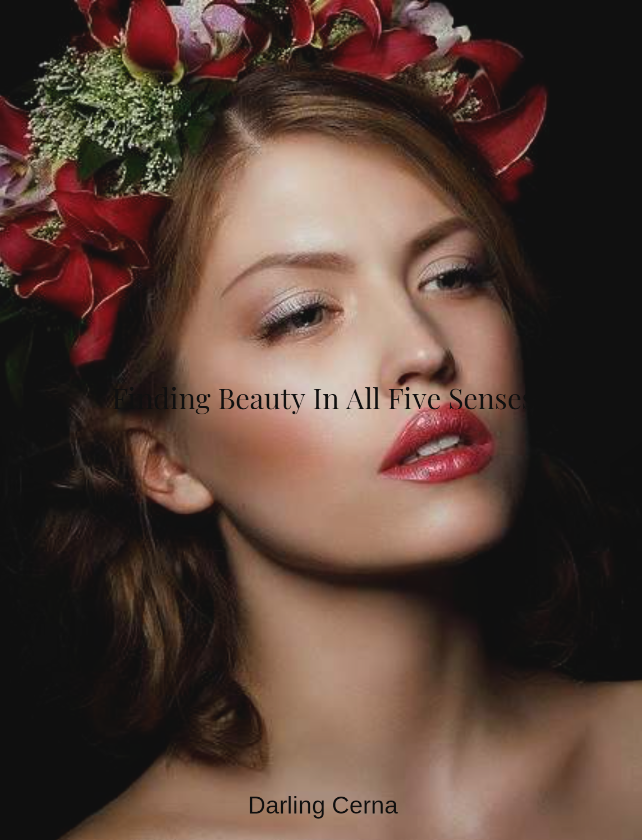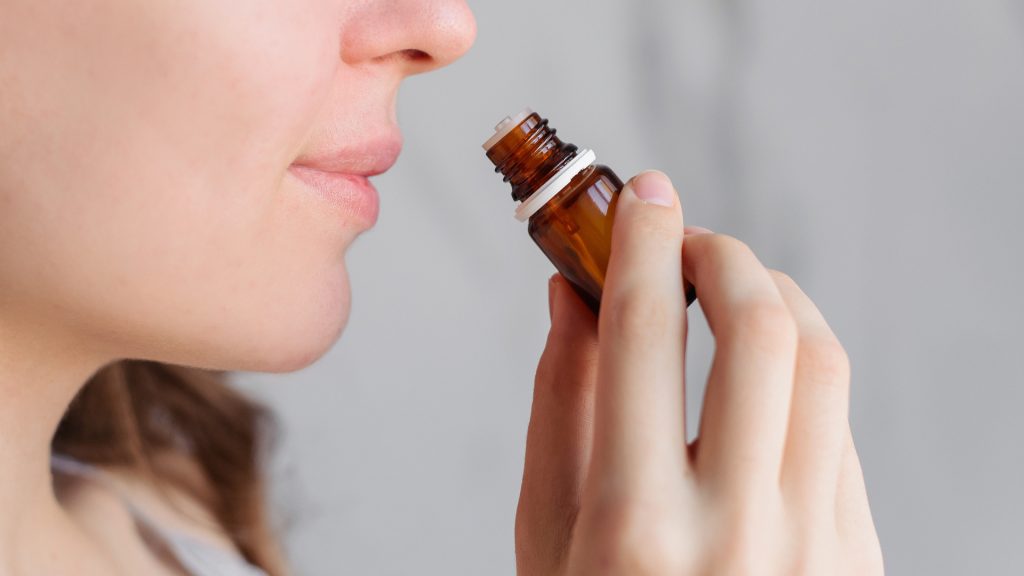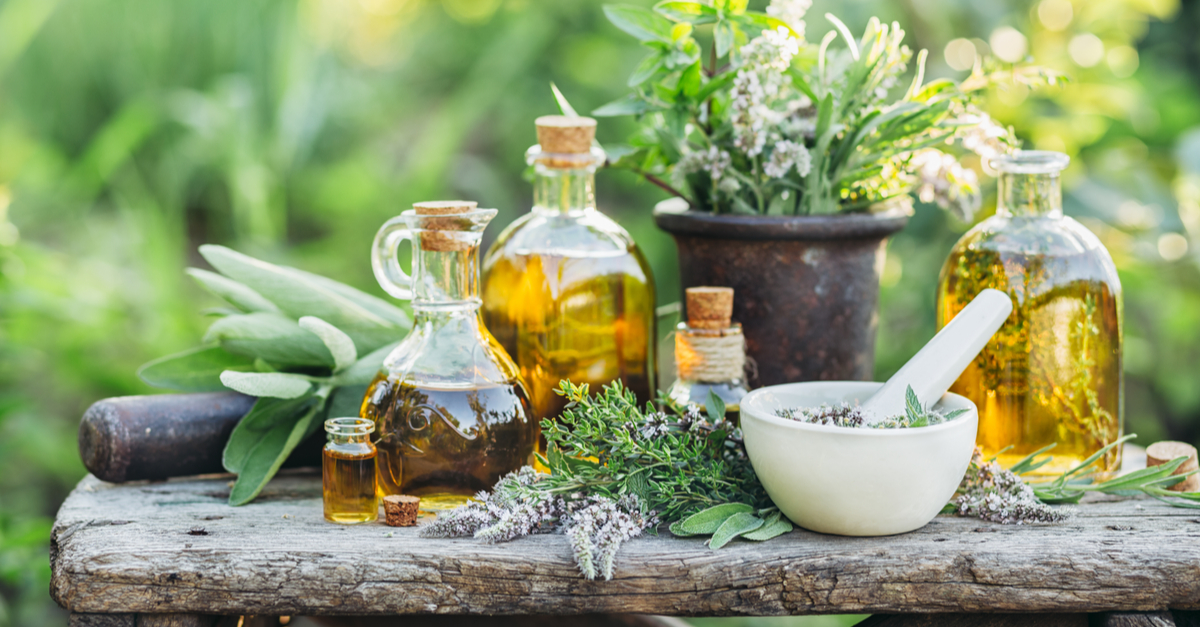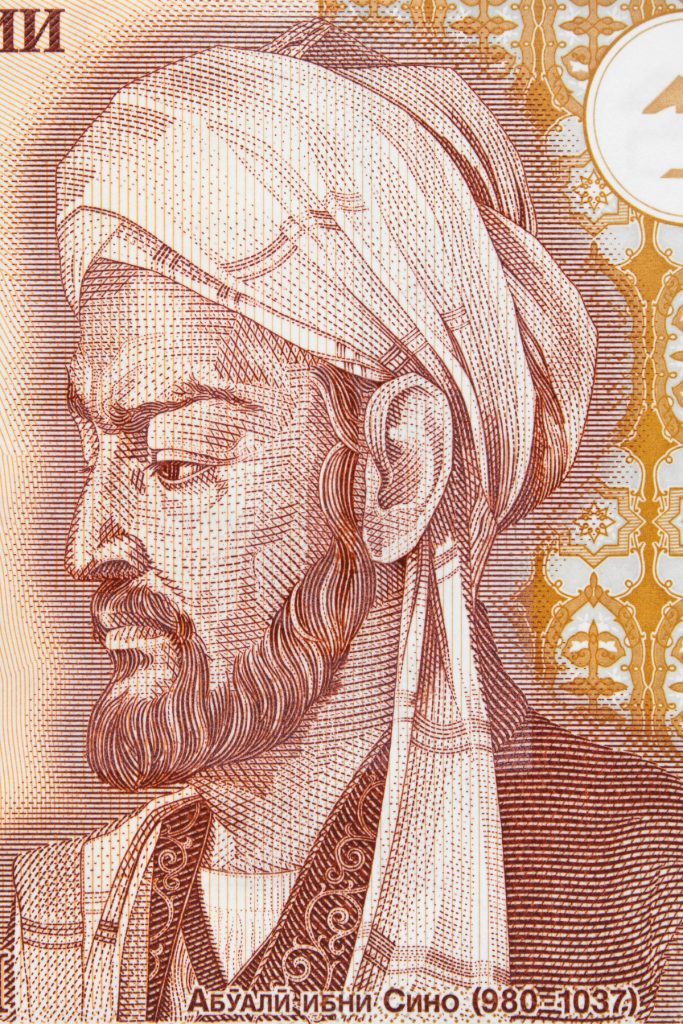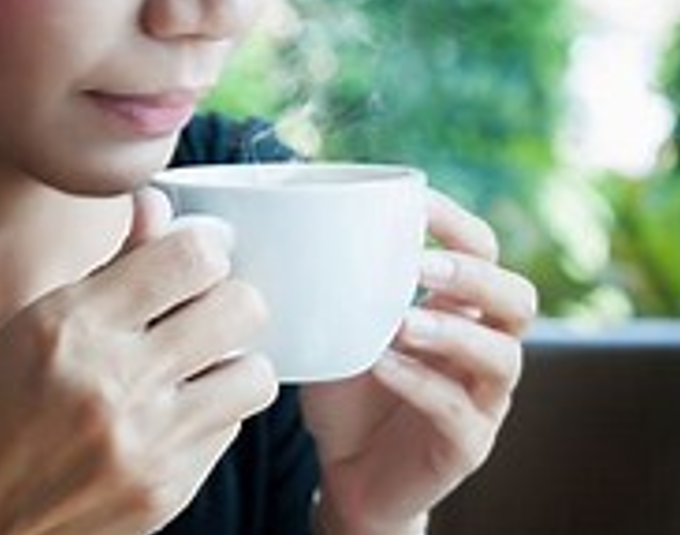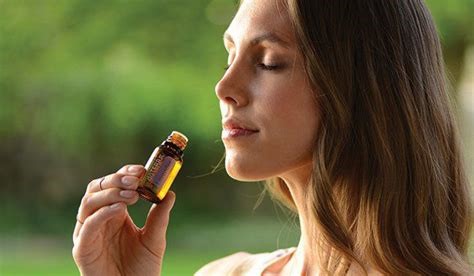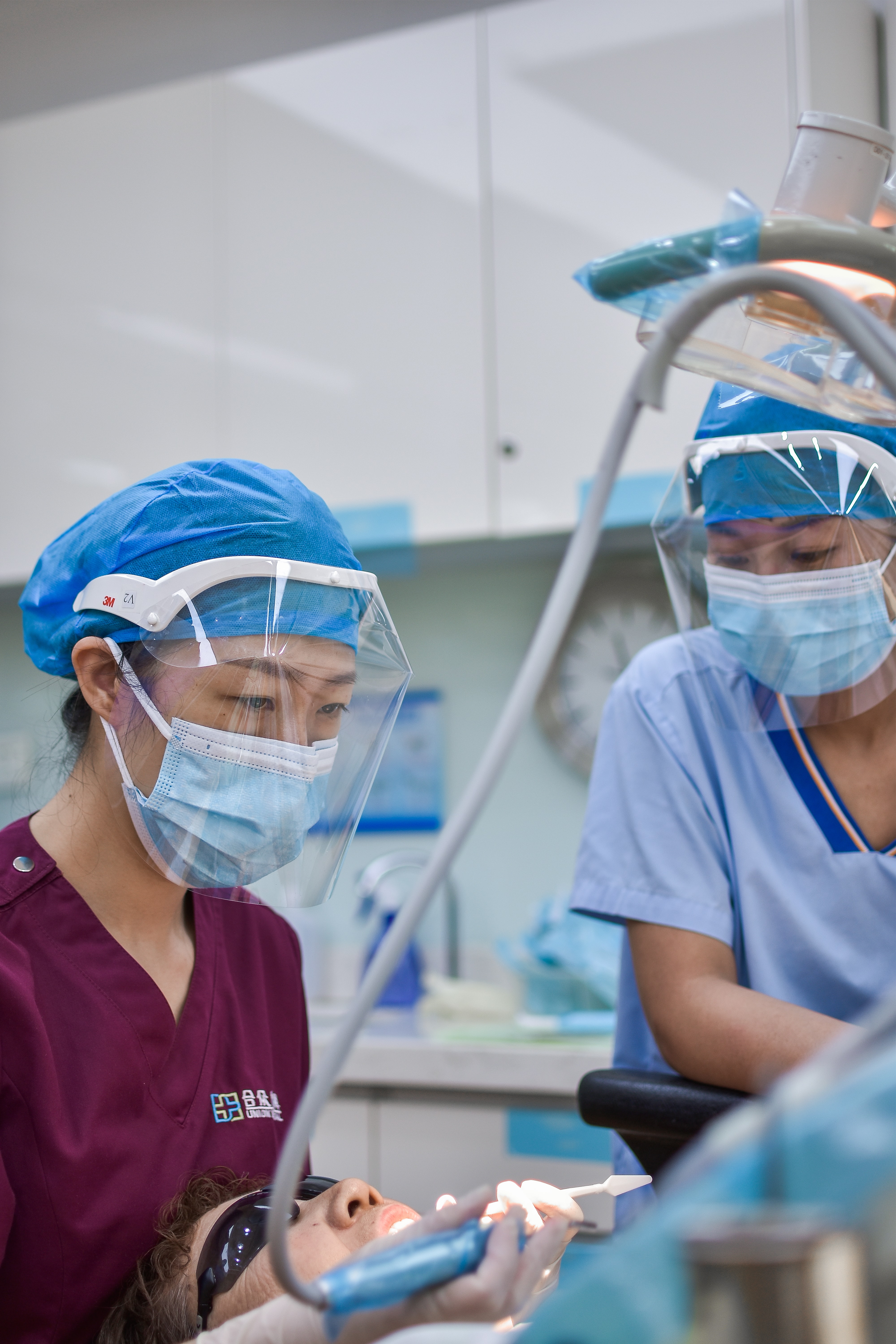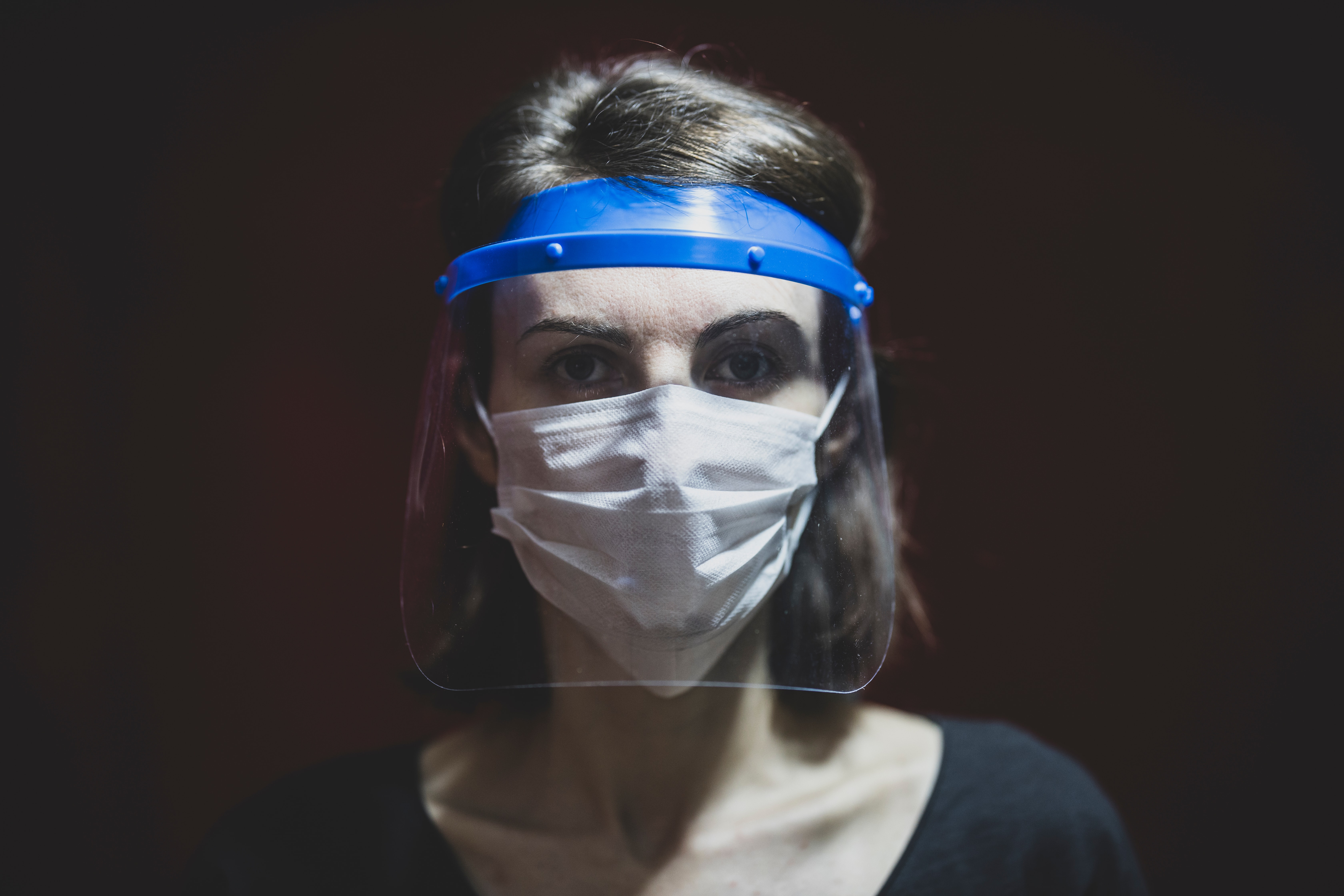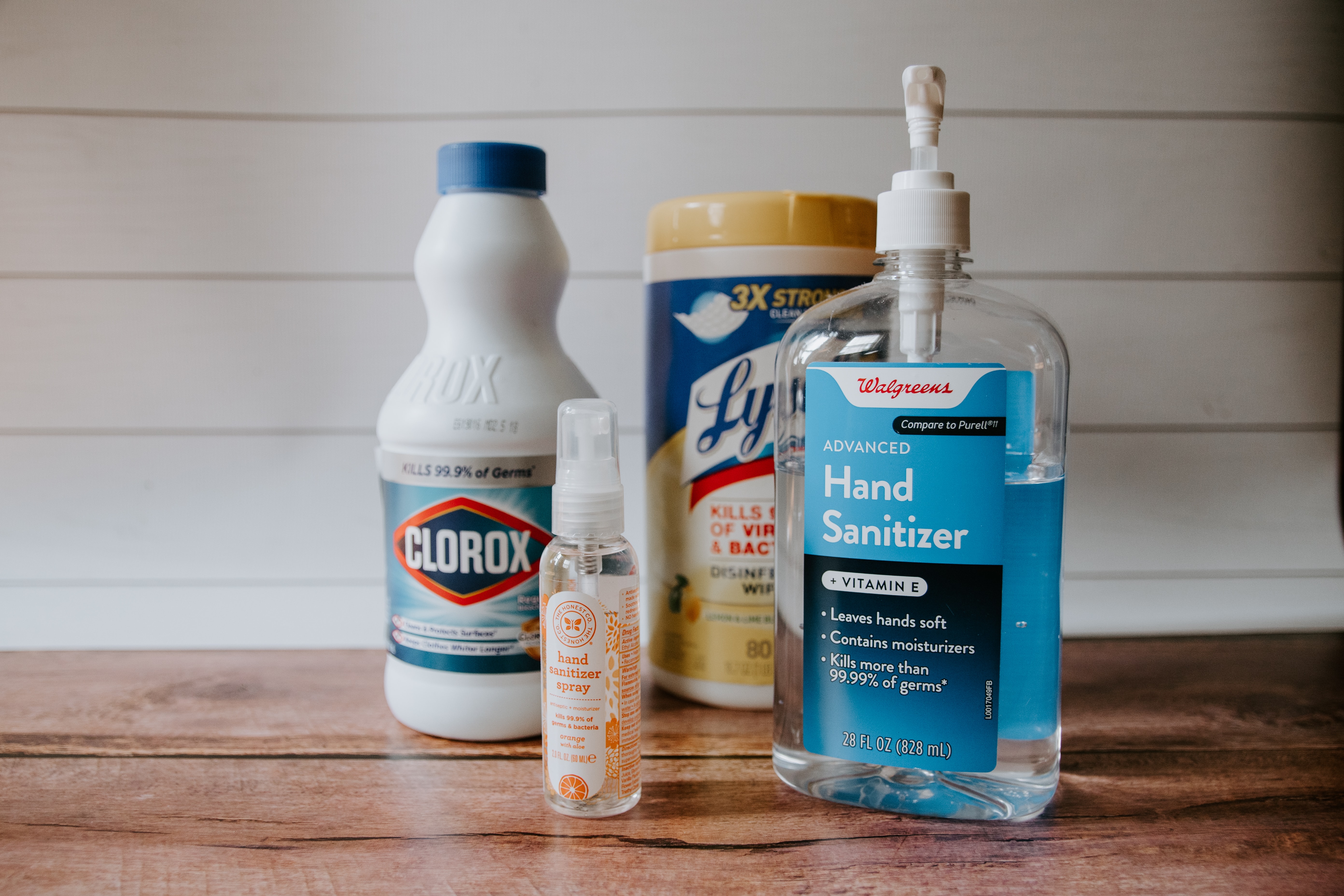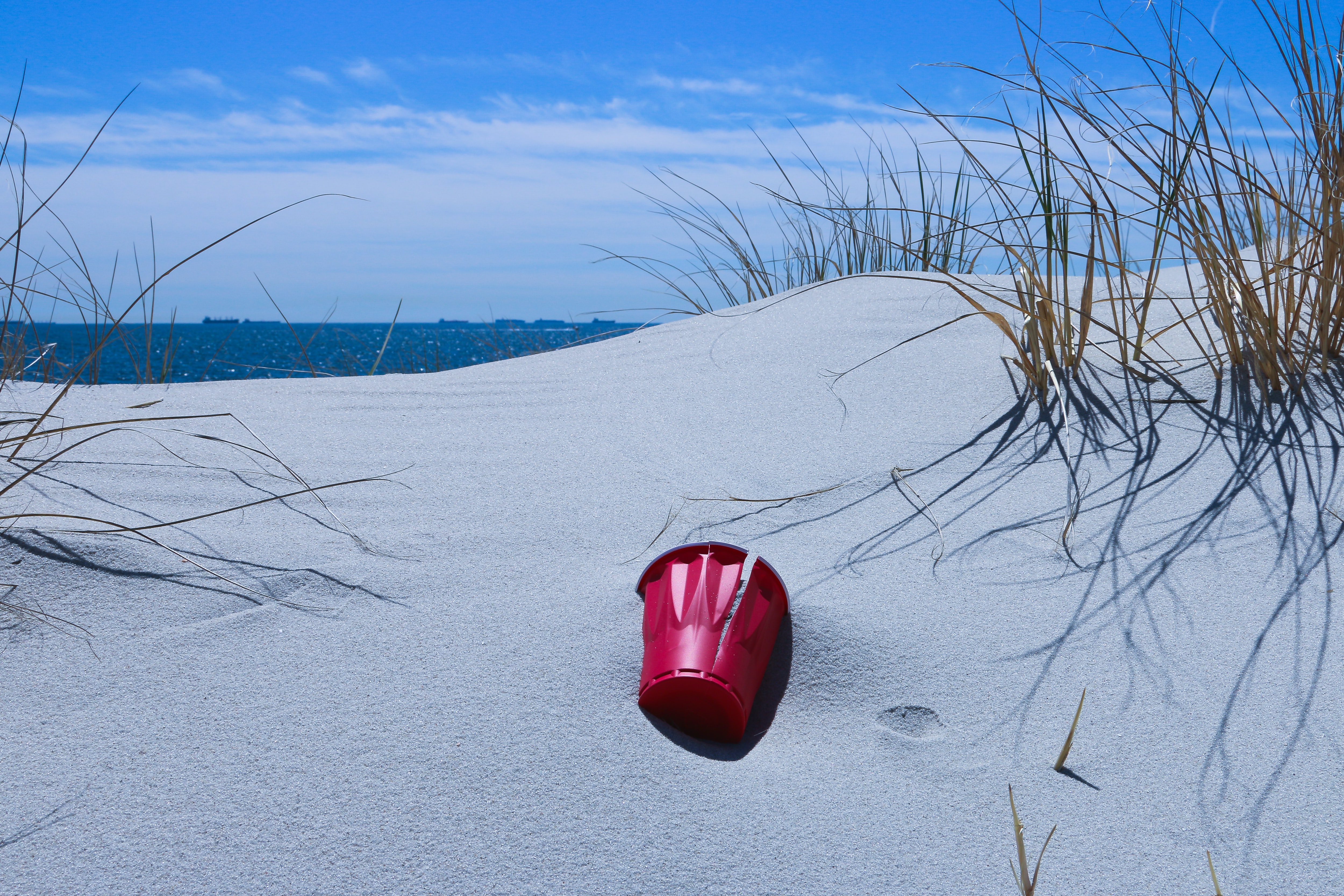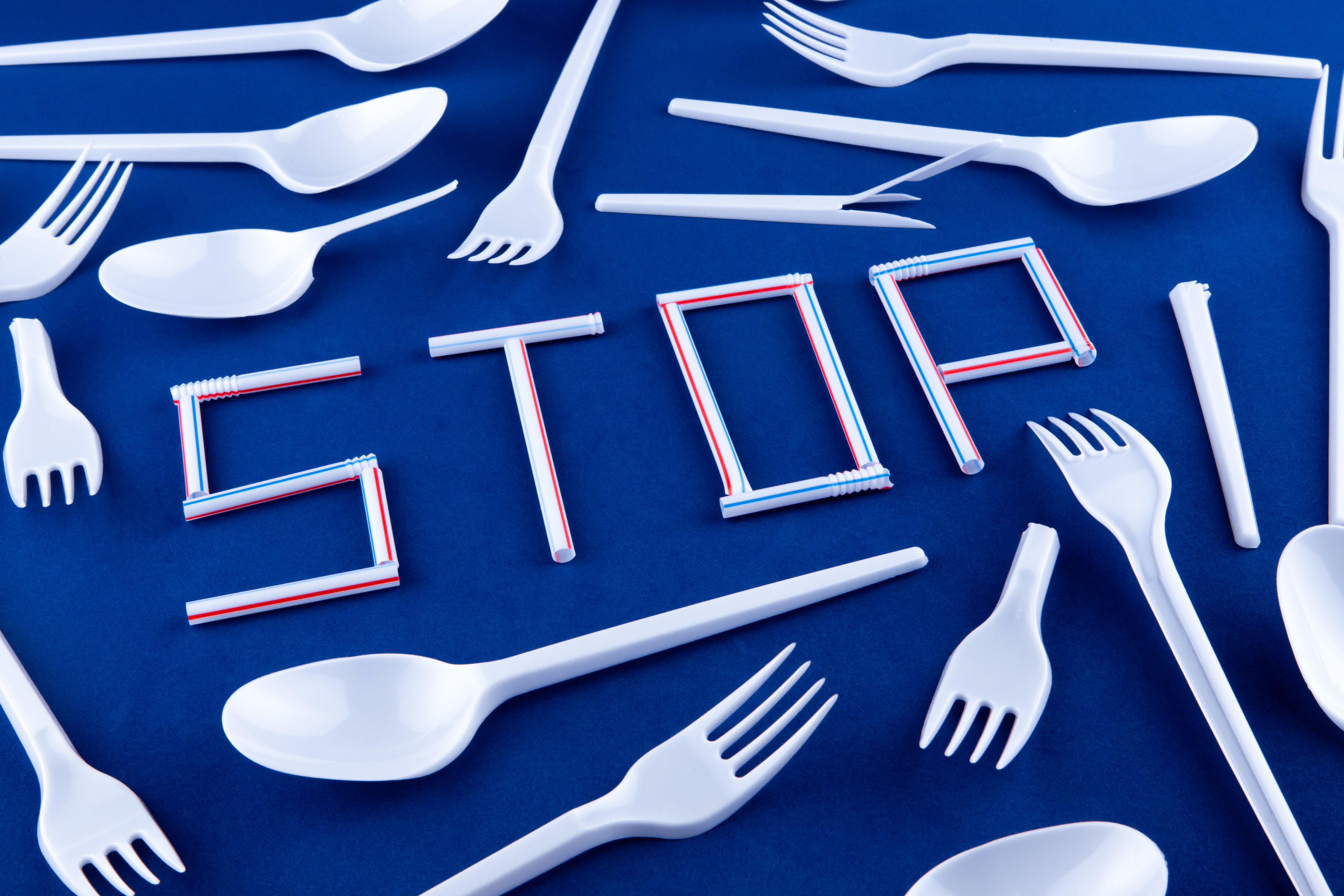George Steven Boughton is continuously coming up with novel solutions; but are ideas such as living in man-made Near Earth Territories, or humans having a genetic modification to be there for real or just science fiction?
George Steven Boughton was born in Asmara, Eritrea, Africa in 1943 to English parents. He is a Chartered Engineer with an Honours Degree in Mechanical Engineering. His international education started in Rome, Italy where he attended a French school Les Petit Oiseau from ages three to eight years old. From ages 11 to 14 years old, his education continued in Roaring Brook Elementary in New York, followed by boarding at Wellington School in Somerset, and Northampton College of Advanced Technology (now City University), London.
To us George Steven Boughton is best known as the author of Deepstorm OutTack, Black Gold -Black Scorpion, and his latest innovative ebook that combines the written word with film: Dennis to Alice. Although the book is aimed at children and teens,, it is suitable for readers of all ages.
George S. Boughton lived and worked in managerial positions in many places around the world. Right from the beginning, as a young man, and throughout his entire professional life, he represented ability, bravery, authority, and a sense of responsibility. He lived and worked in Nigeria in Africa: Kuwait in Western Asia; Hong Kong in Eastern Asia; Australia; South Africa; the United Kingdom (UK), as well as for a company in Texas, United States of America (USA).
Engineering dominated his professional life, but I recognise his natural talent to write.
When you were young and you had to decide which path to take in your life, I asked, was engineering your first choice, or was it just a practical decision?
Actually, when I was at school, I wanted to become an architect, but the career advisor there pointed to a sports car and a very attractive girl in it and said, ‘If you want that, then don’t go for architecture, there are many and few who earn big money’. ‘So, I said, Well, what should I do?’ And he said, ‘Take up engineering instead’. So that’s what I did, and followed a career in oil engineering. But my passion, really, is more for the artistic, and, in the end, I’ve come back to that.
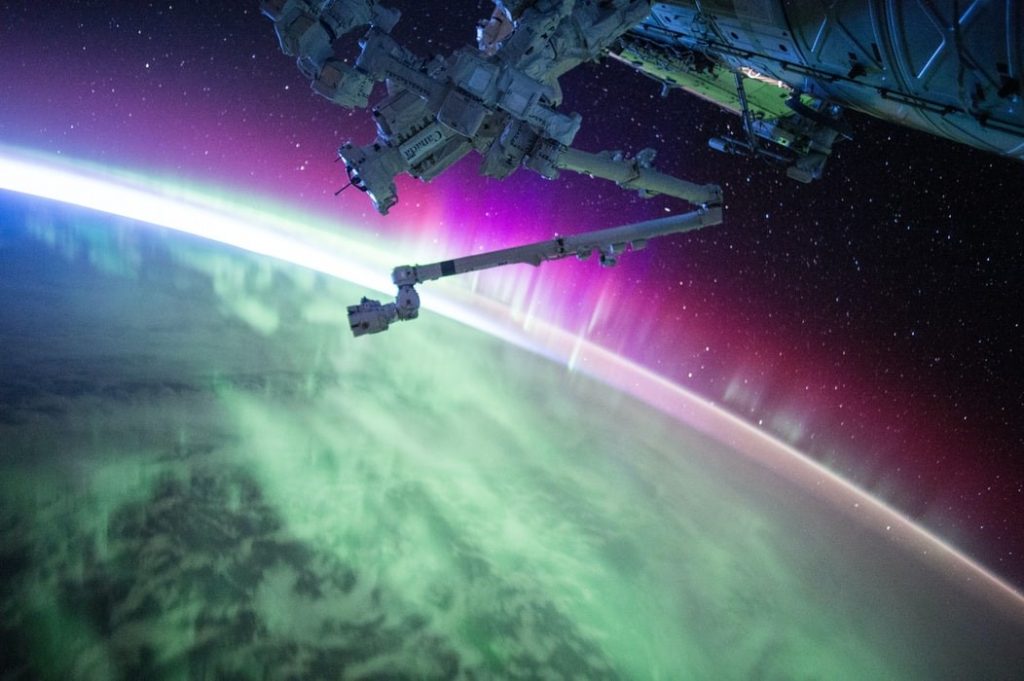
His scientific predispositions and abilities show clearly in his extensive research for Deepstorm OutTack.
Is engineering something that comes to you naturally or do you have to work at it?
No, I enjoy that too because I enjoy the logic in engineering, and the research I’ve done for… OutTack, involved delving back through time . What I did was to look back through prehistory to understand what was going on with previous mass extinctions, by not looking at it in the context of one discipline but across several. So, not just what was happening to the dinosaurs, for instance, but what was happening to the mammals as well, and the climate, and the oceans and the Arctic regions, and trying to understand across all disciplines if there was a connection.
I want to come back to your young life as an engineer, as I think you should be appreciated for what you did in your life then. As a young man working in Nigeria, Africa, you were often exposed to many dangerous situations. Having your scientific predispositions, engineering skills, and abilities, did you come up with any ideas of your own to make life safer and better in the oil industry, where you spent so much time during your young life?
That was a very intense time for myself, my wife Pam, and my baby daughter, Natasha. There was a war going on, the Biafran War, and for much of it I, was behind or close to enemy lines building pipelines and facilities for when the war would be over. I didn’t have the chance to be creative. I went from constructing facilities to designing them, but the designs were more or less following previous concepts. I did change some suppliers and designs . . . I researched the availability of equipment, that would be better suited . . . and most significantly I worked closely with geologists and petroleum engineers to anticipate optimally what the designs should be.
You saved a lot of money for the oil industry by researching and finding suitable designs and had your proposals put to practice. That is quite a contribution.
You lived and worked in many places; what would be your favourite memories professionally, associated with those places ?
I think the camaraderie, the feeling we had, although there was a war going on, in Nigeria, with Shell. There was a tremendous connection with everyone there and not just me, but my family. We were very supportive of each other, probably because of the war and the events. So that was a really strong memory for me . . . Certainly. Nigeria.
Kuwait was an amazing experience. But I think, the next biggest was Hong Kong, where I managed the design and rollout of what was to become the world’s first e-Gov; an IT system for government, contractors and consultants, in this case on Hong Kong’s New Airport project Kowloon section. What’s happening there now, I feel very passionate about for the people there, because it’s wrong. It’s a wonderful place Hong Kong.
I understand both in Hong Kong and Kuwait you participated in your own hobbies as an actor and played parts in pantomimes.
Yeah. There was only one theatre in Kuwait, and around Christmas it was packed with 100s wanting to enjoy the festive spirit. And I got the opportunity to be Buttons in Cinderella. I really enjoyed that because the interaction with the audience is fantastic.
Your book Deepstorm OutTack, which offered you so much creative freedom, was first published in 2012, which is quite late in your life, considering that you have a natural talent to write.
It is a very accomplished book in the realm of science fiction, but it’s predominantly inspired by the reality of things. Since it was published, quite a few unexpected things happened. First, Sir Roger Penrose, the Nobel Prize Laureate 2020 in physics, came up with the discovery that ‘black hole formation is a robust prediction of the general theory of relativity’. That led to his other claim about the Big Bang, to which you also refer in your book, as not necessarily the beginning. Sir Roger Penrose introduces and presents us with new scientific ideas that were not known to us before.
Do these new findings interfere or maybe even outdate DeepStorm OutTack’s scientific vision in any way?
No, I don’t think so. OutTack was supposed to be followed by two more books and in those I would take my arguments further. OutTack is about people beginning to live and work in space, close to Earth, because we run out of space down here on Earth, and we keep growing our populations and need somewhere else to populate. I want to explore in the next book, how people evolve in space, because they will evolve. It’ll be different.
Another unexpected event happened since your book was published: a global pandemic.
At the time of writing your book and doing extensive scientific research over the period of 2000 to 2012, did you ever consider this possibility as another threat to our life?
No, I never conceived of that . . . Yes. It’s taken the whole world by surprise basically, this pandemic.
Recently, you have been involved in The Noah’s Ark project, which has been launched by two entrepreneurs, one from South Africa and one from Britain, Hein and Richard Prinsloo Curson. They are aiming to raise £5 billion by crowdfunding in order to build a state-of-the-art Conservation Park in the KwaZulu Natal region in Africa. They intend to gather all species of animals and create a genetic bank of all life on Earth there.
How did you get involved with this project and what is your role in it?
I first met Richard on . . . The Zodiac Cooks, which is a book about cooking, using the stars and star signs. He’s a publicist. That took us on to another book, which is The Ginologist Cook, a cookery book based on using gin in cookery. We published both books. And that spurred Richard and his partner Hein to ask if we would publish You are Noah for The Noah’s Ark project, which we are doing.
It is a wildlife conservation project. And I think the best way to look at that is that with a lot of animals we now know and love, like tigers, for instance, there are more in captivity than in the wild. The numbers in the wild are dwindling fast. We’re going to end up with a planet where the only specimens we have are all in captivity. And that’s terrible, because for a start, evolution will stop. The only thing able to evolve will be plants and insects and man, and that would be crazy. It would be a dead planet.
Conservation | gbp-publishing-org | UK (gbpublishing.co.uk)
Do you have a personal sentiment for Africa because you were born there? Do you somehow feel connected and life takes you one way or the other towards Africa?
I started there, and, it seems, I keep going back there. And yes, I have an affinity with Africa.
As time passes by, we’re now in the 21st century (this is my own reflection), and we are proud of our scientific achievements and discoveries; often the purpose of pursuing them is to protect and to prolong life. However, it seems to me, despite having all the newly acquired scientific knowledge, we, as mankind, seem to be getting no better at managing our life, instead we have man-made Climate Change. We appear to be better in saving lives, protecting lives, and protecting new life, but now some see the sustainability problem in overpopulation and overdevelopment. We have made higher education more available, with more scientists and more scientific research. And yet, instead of making us wiser, it often leads us astray and into helplessness.
What are your comments about such observations and thoughts?
Basically, the direction we’re going in is an artificial world, where everything is man-made. Where everything we demand is managed.
Yes. But we have all the science and instead of getting wiser, we get ourselves in trouble.
The more we take control of everything, the forests, the climate, the rivers, lakes, everything, the more artificial it is. And then it’s not real nature, and we lose the beauty of it. We lose the benefit of it. And part of that is that, we lose the way that evolution works. Evolution has a design, I believe; I don’t believe it’s entirely random, survival of the fittest, as Darwin spoke of. I believe there is a design; and we are interfering with that design because we’re taking over, and we lose the majesty of it.
Do you blame the scientists for doing their research or whom do you blame for the problems and situation we end up with?
We’re stuck in a small space where we have taken over so much of it, that we then end up controlling it because we are the bull in the china shop.
.What do you think about the management of the scientific results and knowledge? Do we do it well? Obviously not. Who is not doing a good job, because you and I we think that we are doing a good job?
No, I think this pandemic has thrown up a few things. There is a positive side to this pandemic. One of which is that hopefully, certainly in some communities, people are more caring towards each other and more interested in each other and more interested in nature. But I think another positive thing that’s come out of the pandemic is that the world needs to work together to defeat it.
I think there needs to be a fresh look at the systems of governments, with less emphasis on what the public wants. The people who are on top of a cooperation know the heart of their cooperation. Any organisation big or small, any endeavour, needs to be driven by people who really, passionately understand the creative edge of that business.
Today, from a practical point of view, what would you expect from the Weybridge community in mitigating Climate Change? What is it we could be doing and start doing tomorrow?
I think the direction the government is taking to reward farmers for conservation projects, instead of simply subsidising agriculture is the right direction. But as critics have said, it’s a drop in the ocean; it needs to be on a much bigger scale. We need to rewild a lot of areas. Before we started the interview, you talked about vertical agriculture, that area is definitely one that can help. If we use those techniques to free up land, we get rewarded with real nature.
So how can we people in Weybridge contribute? What can we do in our daily lives, in our gardens for instance? Would you advise us to plant a tree, and if yes what type of tree, and things like that?
The woodland trust, I think is an amazing organisation throughout Britain, and there is the local trust where it is about planting trees and getting nature back. In fact, it’s not just the trees, it’s the creatures in the trees and returning the hedgerows, and the central reservations in the highways, where animals have a refuge. I think in the Weybridge area, in all rural areas, we ought to get back to the idea of a common, in the centre of the town, where people can congregate and enjoy and not just for socialising but to enjoy nature too. So, I would like to see a ring road around towns, and let the towns be more pedestrianised, but also with trees and parks.
ITV: THE BIGGEST SHOWS WITH THE SMALLEST FOOTPRINT
That sounds like a very nice project, and it’s possible to put it into practice, as well.
George, unlike the majority of us, perceives the emergency of the situation, and considers for real that some of us should prepare for living in the Near Earth Territories where new populations will need to be genetically modified to be able to sustain staying there for a considerable amount of time without adverse effects.
‘If we are going to carry on having babies and making everyone wealthy, then we need to create more living space, and the only way to do that is off planet. Eventually, at some point our planet is overpopulated, and I think it is very close to that right now.’
Another suggestion he proposes as an engineer who spent a lot of time in the oil industry and as a writer who has done extensive research for Deepstorm OutTack, is to get oil out of the ground. He says about the oil ‘ At its dirtiest, spread out over the oceans, it can kill more than individual life forms. It can stop all life – it’s most likely done that in the past – by shutting down the carbon and water cycles that vitally re-terraform the land. Reservoirs of oil, in rock structures deep underground all over the world, risk being opened up by earthquake fractures and spewed out over seas. That would be hugely catastrophic, dwarfing the 2010 Gulf of Mexico oil spill, as it would literally be unstoppable. The solution: get it out of the ground. NOW. By all means, which includes fracking.’
Finally, please tell us, why should we go to GBP, to buy books from you and why should we come to you to have them published by you?
I think the first answer is because we’ve been very selective, and the authors we’ve got, quite a few of them, are award winning. They’re excellent, authors. Now we’re going into a new phase with our latest book Dennis to Alice, in using technology to make it as much a movie as a book. The idea came about when we discovered that young adults and teenagers tend to switch off altogether from reading books. They read what they have to read for classwork, but they don’t read for pleasure. The aim of mixing a book with a movie is to reverse that trend and encourage reading.
So, this book, the concept of using technology in the book is your personal concept, you’re an inventor or a pioneer of this type of book?
Well, we’re ahead in this; there are attempts at augmented reality in books, but this one, I think, has the lead. The concept, really, is for the movie to run as you turn the pages. The software supporting that is not fully there yet. But even now, it is a complete movie, the whole book is a movie; you are buying a movie as much as a book. The idea behind it is attracting people to have an armchair movie experience, one that draws them back to reading. And that’s a good thing, because they are reading…
Well, your style of writing in particular is very beautiful, and it’s got elements of poetry in it, so it is a very uplifting experience reading beautifully written words and watching the film that complements those words additionally. In this specific case, it is a report, but I already can see amazing potential for the theatre world as well.
Yes, thank you. Appreciate that.
And you’re obviously the inventor and the pioneer of this amazing concept. Thank you very much for that.
Books To Read | GB Publishing.org | England
Also, I wanted to find out, do you organise local community meetings with authors, so we can meet you and ask questions to do with your books that you write, or maybe other topics that you want to talk about? Are you planning any meetings like this in the future?
Yes. We’ve had events, in particular, with a very successful book of ours Ozlem’s Turkish Table, by author Ozlem Warren. The book is a 2020 Best in the World Gourmand Book Award winner. That’s the Oscars of cookery book awards. It’s cookery and culture, the award ceremony scheduled to take place in Paris this June, at the Louvre has been rescheduled to Les Cordeliers in November. And she’s held a lot of events here in Weybridge, in Aroma, in Neptune and other places. But she’s also had meetings in Divertimenti London, as well as she’s been on radio in Boston and other events. Penny Thornton with The Zodiac Cooks has also been in magazines and on television. We were planning to have a lot of events. None of them are happening at the moment because of COVID. Ozlem, who lives in Weybridge, is carrying on with hers, virtually. So, on the fifth of December she had a virtual cookery class, which was global, and extremely well attended. More are planned: https://ww.gbpublishing.co.uk/ozlemsturkishtable
Thank you very much for taking your time and talking to us.
Thank you Iwona. I really appreciate it. Thank you.


